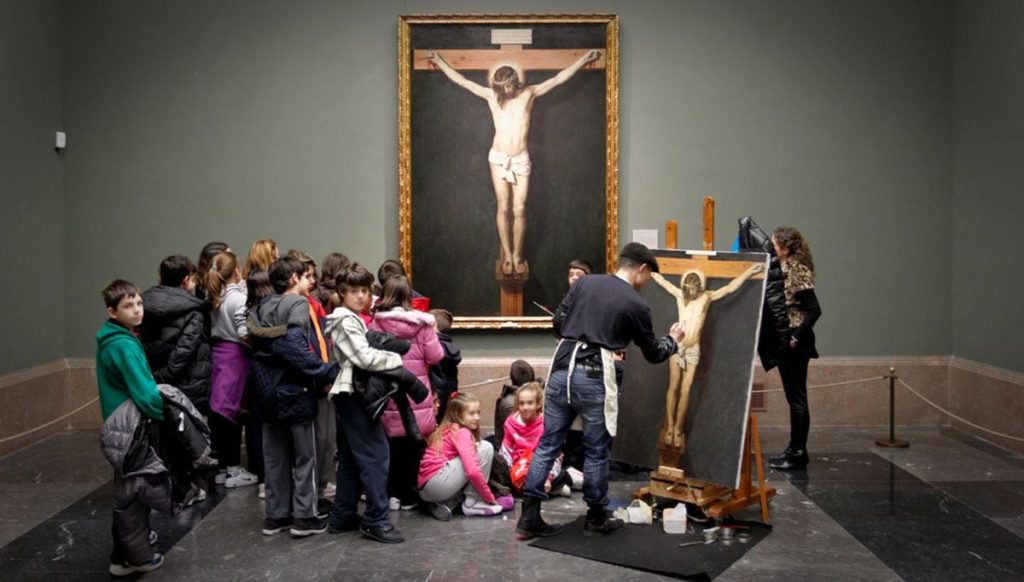I received a militantly secular, unbelieving, and worldly education. Growing up in Spain, where religion naturally permeated society, I was one of the few students who studied Ethics in school, away from the influence of priests and the scent of incense. While my parents kept me away from religious teachings, I still absorbed some cultural Catholicism, as Max Aub once said of Buñuel, “I am as atheist as a Spaniard can be, which is not very much.” In essence, I am culturally Catholic, even though I do not practice the faith.
My son, on the other hand, does not share this cultural Catholic background. He has grown up in a secular, unbelieving, and worldly household, with no exposure to religious teachings. As a result, he finds everything about Catholicism strange and foreign, as cultural knowledge about religion is not something that can be learned in theory. It must be absorbed naturally, from the environment. Without this familiarity with Catholicism, much of Western culture, including art, poetry, and music, becomes incomprehensible. While I am fine with my son living without a connection to Christ, I cannot stand the idea of him being ignorant of the works of artists like Velázquez.
Fortunately, the video game industry has come to the rescue, providing my son with the religious education that his parents failed to provide. He recently showed me a game called “Cult of the Lamb,” where players must create a religion. The game follows a lamb who is about to be sacrificed by four bishops of the ancient faith, only to be saved by a demon who tasks them with creating a cult in his honor and defeating the bishops. As the lamb travels through levels, converting characters to their cause and eliminating heretics, much like how religious figures historically spread monotheistic religions and political parties.
I appreciate that my son is learning about religion through a notably violent video game, as it helps him engage with and understand cultural and religious elements that may have been previously abstract to him. Despite the potentially controversial nature of the game, it has proven effective in sparking his interest in the art of the Prado Museum and the music of Bach. The ways in which faith is explored and understood can be unpredictable, and sometimes unexpected avenues, such as video games, can be surprisingly effective in imparting knowledge.
In conclusion, while my son may not have a traditional religious education, the unconventional method of learning about faith through a video game has proved to be engaging and educational for him. It has helped bridge the gap in his understanding of cultural and religious elements that he may have otherwise missed out on. As a parent with a secular background, I am grateful for the opportunities that modern technology, such as video games, provides in expanding my son’s knowledge and understanding of the world around him.


